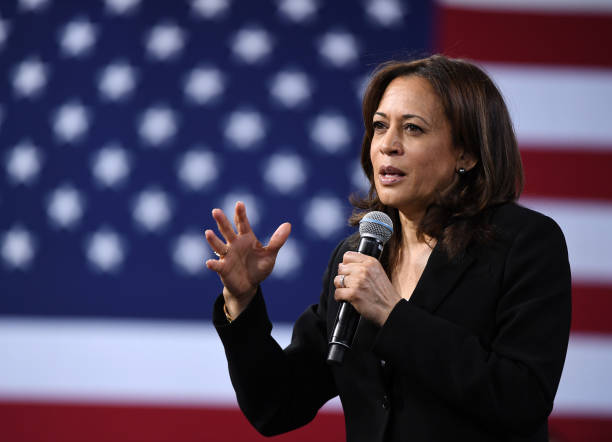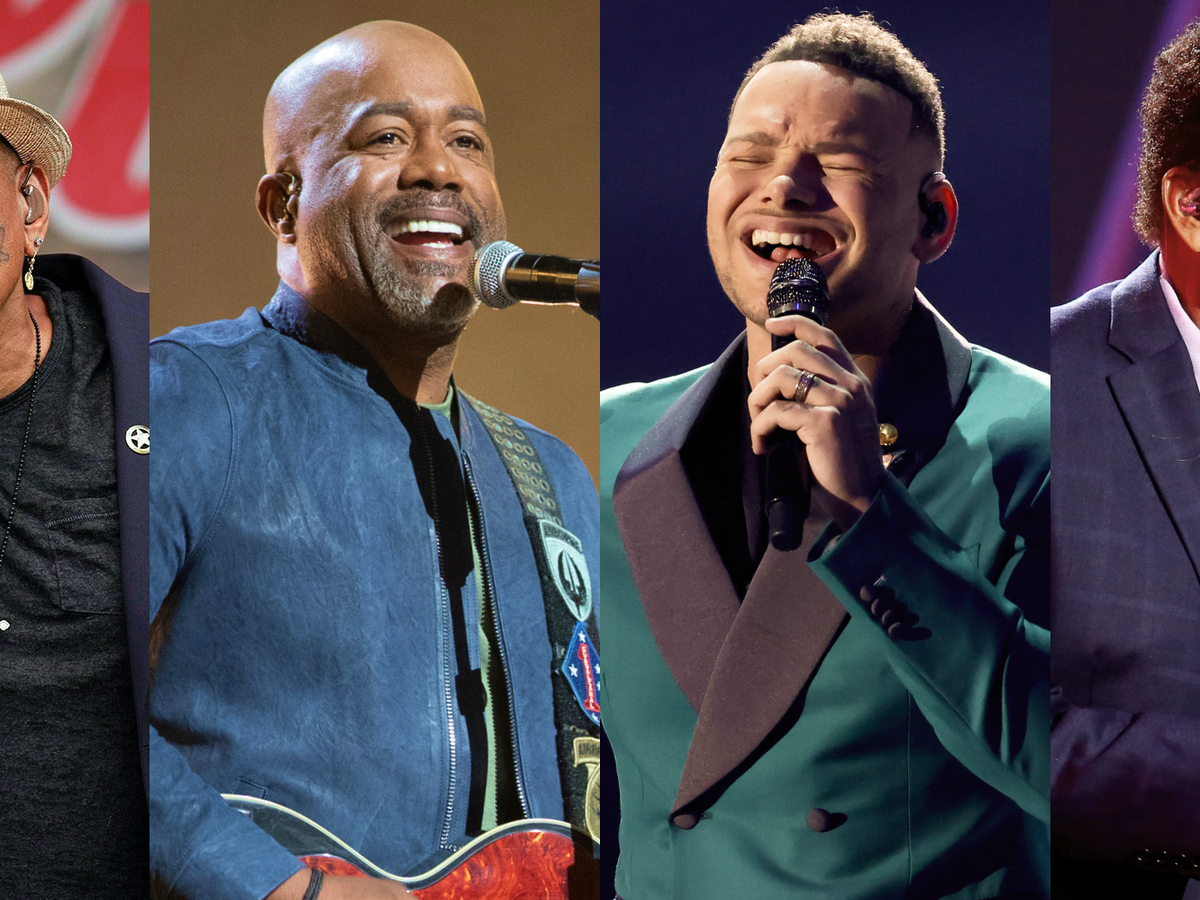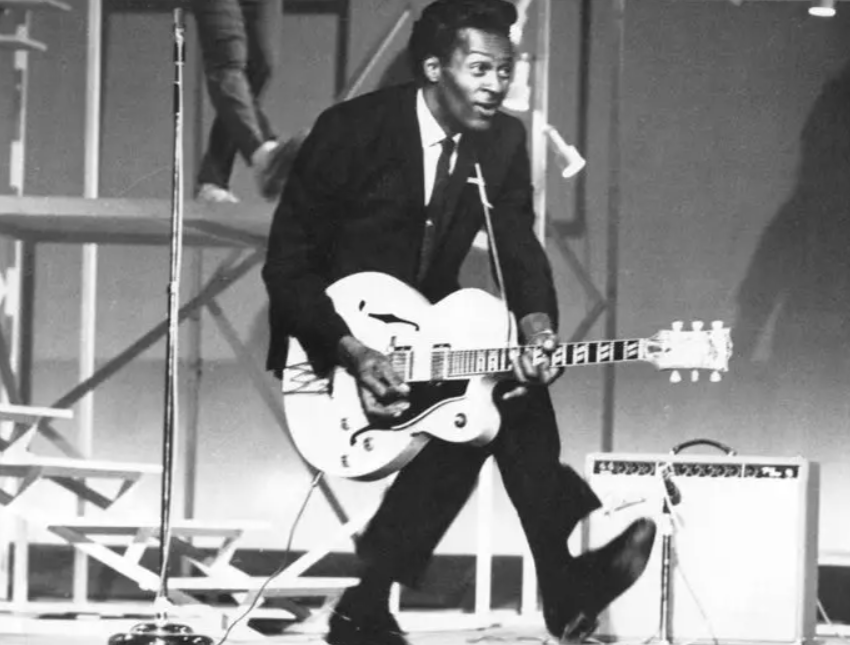(ThyBlackMan.com) Words like sissy and f** can often be heard in the black community to describe a man who falls outside the comparatively restrictive confounds of black male masculinity. However, why black men in particular focus on masculinity more than their other racial counterparts is often misunderstood. Two theories seek to explain the culture of anti-effeminacy in the black community.
Sexism is something that pervades our country and society. With the average woman making about four to seven percent, according to the US Labor Department, less than her male counterparts when accounting for differences is total hours worked, job position, and total unpaid hours leave taken during the year. In other words the average woman would have to work 7.5 percent more or 168 hours more to earn as much as man. However, sexism can not only be seen in the marketplace when looking at men vis-à-vis women but vis-à-vis masculine vs. less masculine men. Studies show that men with traits that are perceived to be more masculine are more likely than those possessing feminine traits to receive higher starting salaries and receive promotions at a much higher rate than feminine men. Furthermore, a study comparing the salary of male to female transsexuals pre and post transition, shows income falling by approximately one third following transition. In addition, a study by Lee Badgett concluded that gay men earn eleven to twenty-seven percent less than straight men.
men. Studies show that men with traits that are perceived to be more masculine are more likely than those possessing feminine traits to receive higher starting salaries and receive promotions at a much higher rate than feminine men. Furthermore, a study comparing the salary of male to female transsexuals pre and post transition, shows income falling by approximately one third following transition. In addition, a study by Lee Badgett concluded that gay men earn eleven to twenty-seven percent less than straight men.
These studies while focusing on disparate communities, share a common story—as masculine traits decrease, so does income. Consequently, it is arguable that black men by promoting restrictive and traditional views of masculinity are trying to serve the best interest of the community by keeping black male income higher than it would be with a more effeminate male population. This hypothesis is made further credible since black men earn less than their white male counterparts for the same jobs and positions, giving them further incentive to hoard their wealth. While some hypothesize that intra-gender privilege in the black community results from the desire to attain higher incomes, others point to a historical anthropological perspective.
Many scholars argue that anti-effeminate views in the black male community are rooted in homophobia derived from a historical context wherein black men were repeatedly raped when kept in captivity. This captivity exists not only in the past, but also in the present, with many black men being incarcerated and raped in jails. These individual experiences were and are so pervasive as to become shared cultural memories. According to this theory black men are not naturally anti-effeminacy but instead adopt this trait as a self-protection mechanism against dangers that have that have existed and continue to exist.
In conclusion the narrative of black anti-effeminacy is not one produced within the black community, but instead one shaped by the collective black experience. The hatred aimed at its own members seeks to insure the protection and wellbeing of the community as a whole.
Staff Writer; Jeremy Bamidele
This young brother is a former faculty member at Rancho Santiago Community College in California and currently lives in Philadelphia, Pennsylvania where he is completing Graduate School at the University of Pennsylvania. He can be reached at jbami@sas.upenn.edu.




















Young brother, I could write an opinion based rant/rebuttal that twists & turns into a tangential soliloquy. I won’t because we have other issues in the Black community that are more pressing. We need to save the froth in our mouth for bigger issues, not sexual orientation. The triple-digit murders of Black children, in Chicago, every summer should be first up on the list.